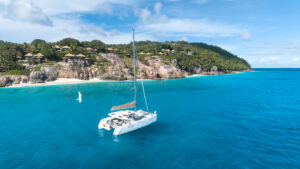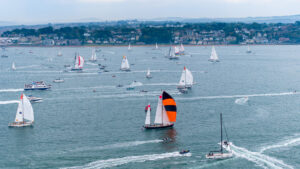Cruising Association releases new research library on orca interactions
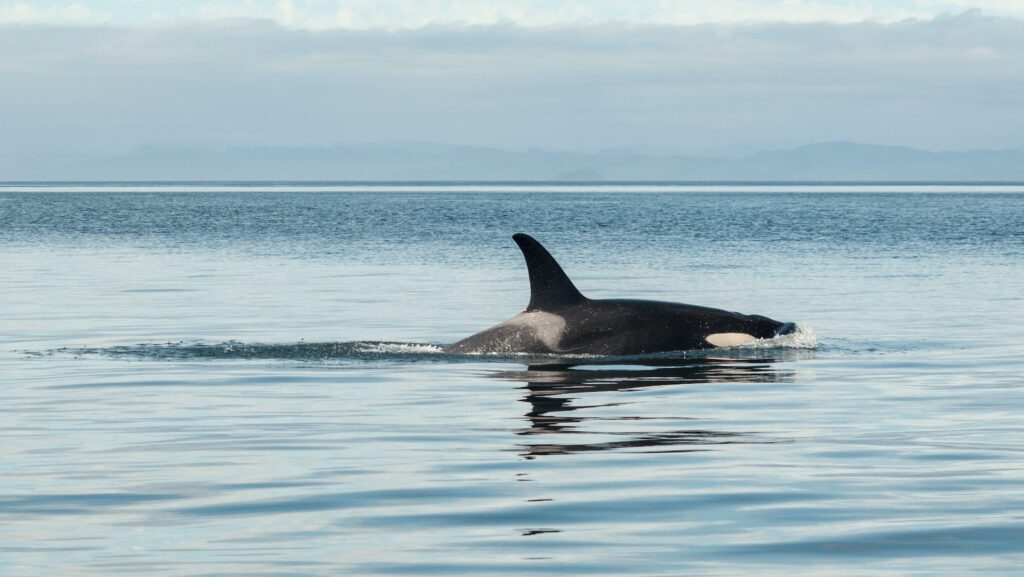
The Cruising Association has created an online research library to document reports of orca interactions gathered from skippers worldwide.
Orca attacks on boats have been making global headlines in recent months, after a spate of ramming and other interaction by orca off the Iberian coastline. Some experts suggest that the whales are teaching their young to attack boats.
Since the launch of its orca project in June 2022, the Cruising Association (CA) says it has received around 150 reports from skippers who have experienced an orca interaction.
The CA has now created a library of comments extracted from the full interaction reports, categorising the different actions and measures that skippers have reported when attempting to deter or end an interaction. This resource aims to provide concerned individuals and those discussing the issue on social media with an easily accessible way to research the effectiveness of skipper actions based on evidence from first-hand accounts.
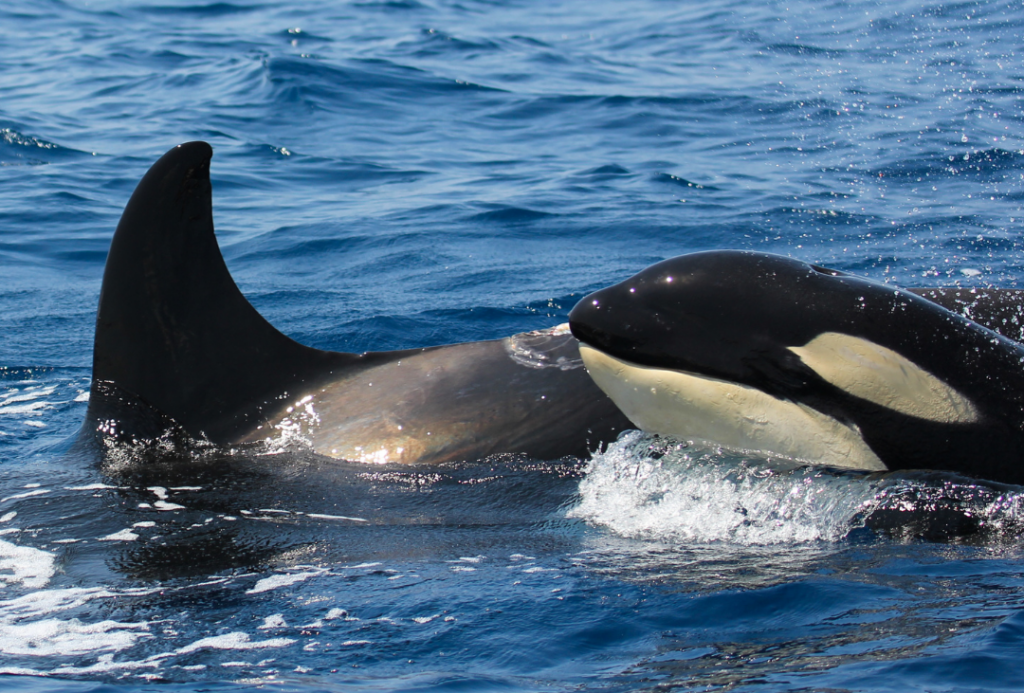
The library is available to read online and categorised by actions, including use of noise, use of sand, continuing to sail or motor, reversing and other measures.
Every individual skipper interaction report is publicly viewable in full, with the new library extracting the specific actions taken into a user-friendly research tool.
The library enables sailors, scientists and others to review specific skipper actions and outcomes, for their own interest, research purposes and to assist in reducing interaction and damage to boats if an interaction occurs.
Each extracted report in the library contains a link to the full report, so that all other reported factors, such as sea state/wind speed, boat speed, day/night, cloud cover, distance off land, sea depth, hull/antifoul colour, type of rudder, use of autopilot and depth sounder, can be reviewed if required.
The CA says the new library will be updated as new interaction reports are received.
The CA orca project collects and publishes a wide range of data from interaction reports along with comparative data of interaction reports compared against reports from yachts sailing without incident through the affected area (an ‘uneventful passage’).
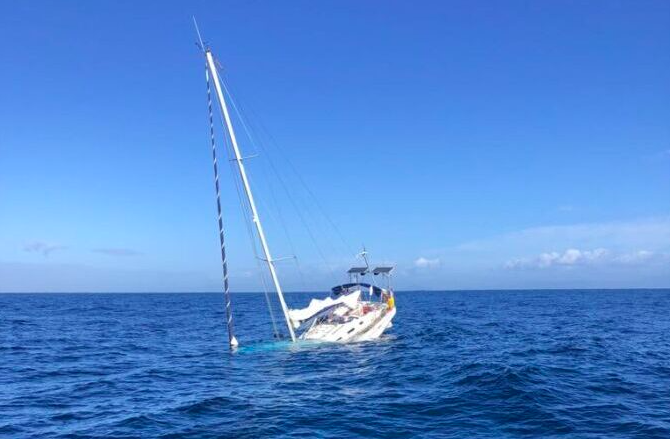
Submit an orca interaction report
The CA says it encourages all sailors in the areas of current orca interaction activity to submit reports to the CA orca project website for both an ‘interaction’ and an ‘uneventful passage’.
All reports are published in an anonymised format and available publicly. These reports are also a resource used by scientists at Grupo Trabajo Orca Atlantica (GTOA) for research, to update the GTOA interaction maps and traffic light alert system and the GTOA interaction and sighting app ‘GT Orcas’.
The CA has designed a poster to help increase awareness about orca interactions. The CA encourages display of the poster at marine locations, including marinas, sailing clubs, chandleries, as well as digital platforms. The updated poster can be downloaded on the Cruising Association’s website.
Latest orca advice for sailors
Although various deterrent measures are discussed, there are currently no reliable legal methods. The CA portal provides a safety protocol and a list of potential, yet unproven, deterrent measures. Examples include staying close to shore, staying in shallow water, using sand as a screen, reversing and making a noise onboard.


